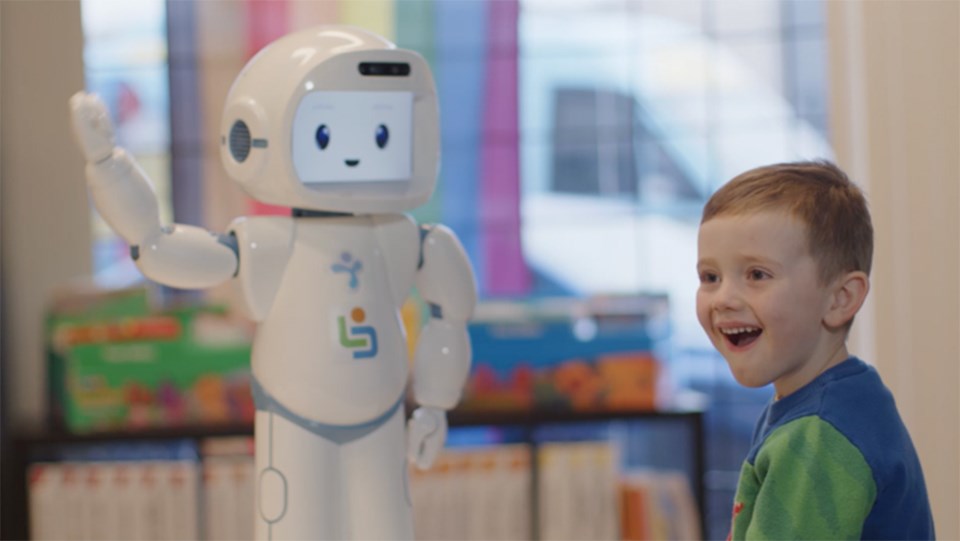The Learning Disabilities Society (LDS) believes that every child should have access to the support they need to thrive in school, and even broader, in life.
And through their 16 different educational and social-emotional programs available to children, youth and families, they’re working to make that belief a reality for children all across the province.
“Our mission is to be serving all children and youth with suspected or diagnosed learning differences ... We do that primarily through one-to-one learning support and remedial instruction to help children work on their literacy and numeracy skills, but we’ve also expanded in these last couple of years to offer programs that address other issues that go with these things,” explains executive director Rachel Forbes.
In order to decrease the barriers that families can face while trying to access learning support for their child, the non-profit charity offers their services on a sliding scale and runs some of their programs online.
For Delta families not interested in travelling out to Vancouver, Forbes recommends the LDS’s “Rise at Home” program, which offers research-informed individualized education (RISE) virtually through reading intervention, language-based learning, tutoring and homework support.
“The goal of this program is to improve student independence, confidence and academic success by addressing identified skill gaps and learning challenges,” reads their website.
The LDS’s speech language pathologist sessions are also offered online, where an expert will work with a guardian and their child to establish goals and create a speech therapy program catered to those goals.
They also offer family coaching, where they can help families get set up with trained coaches to provide guidance, strategies, tools and mentorship to help support the learning needs of the child.
“We try to make our services as accessible financially as possible so that we’re not turning anybody away for those reasons. And we also try to make them accessible in terms of where we’re offering them, how we’re offering them, how often we’re offering them,” says Forbes.
This, especially, is important during the pandemic.
Before COVID-19, about 60 to 65 per cent of families needed financial support to access their services, but since the pandemic, that number has jumped as high as 80 per cent, says Forbes.
Also, the amount of support needed has increased during the pandemic – particularly for children in the three to five years gap who haven’t had the chance to learn and play in organized groups, like at daycare or preschool.
To address this issue, the LDS has now launched their Early RISErs program designed to “give families a detailed snapshot of their child’s learning and development to date and engage young children in hands-on learning opportunities carefully scaffolded to individual child’s needs,” reads their website.
For more information on the LDS’s programs, or to reach out for information about resources, visit their website at https://ldsociety.ca/.



